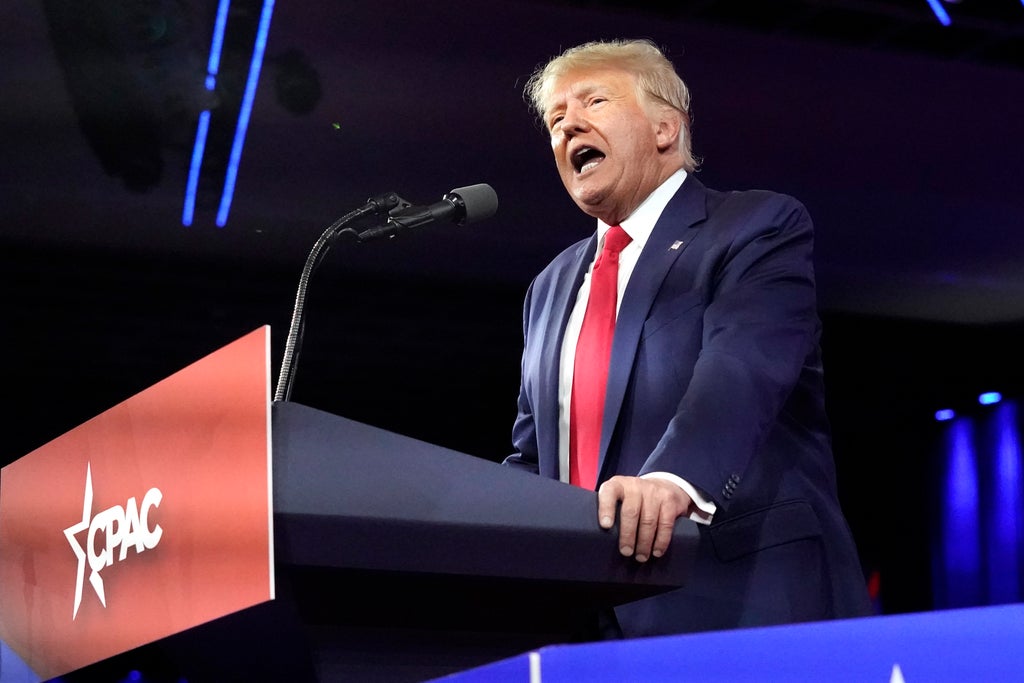
YouTube removed videos from the CPAC conservative conference featuring former President Donald Trump and a number of other GOP lawmakers after the footage violated the service's "election integrity policy”.
Ivy Choi, YouTube's policy communications manager, spoke with The Hill about the removals.
“We removed content from the CPAC channel for violating our election integrity policy,” she said. “Our policies apply to everyone, regardless of the uploader’s political views, and while we do allow content that provides additional context such as countervailing views, the content we removed from this channel was footage that did not provide sufficient context.”
Judging by the number of videos removed from the conservative conference's page, it seems that context was severely lacking; nearly half of the four-day event's videos were removed. Among those videos was an address made by Mr Trump.
Congressman Andy Biggs claimed in a Twitter post that the conference was only told its videos had been flagged for "misinformation”, and that no additional details were provided.
"We appealed and recently learned that all of our appeals have been 'rejected,'" he wrote.
Matt Schlapp, the chairman of the American Conservative Union – which hosts CPAC every year – told The Washington Examiner he only realised the extent of the videos removed after he noticed that Mr Trump's speech was missing.
He went on to say he would be supportive of "the policies that would be most destructive of their companies”, despite ostensibly believing in the free market and small government.
Another supposed free market champion, Congresswoman Lauren Boebert, also complained that her speech had been removed and that YouTube was out of line by policing content posted on the platform.
"Youtube's censorship has become COMPLETELY out of hand," she said. "Two entire days of CPAC were just ripped off the website – including my speech."
YouTube is a private company, and can place any limits on content that it wants so long as its application of its guidelines is not discriminatory.
The company's guidelines prohibit "misleading or deceptive content with serious risk of egregious harm," which includes "certain types of misinformation that can cause real-world harm, like certain types of technically manipulated content, and content interfering with democratic processes."
Under the "election integrity" section of its community guidelines, "content that advances false claims that widespread fraud, errors, or glitches changed the outcome of select past national elections, after final election results are officially certified," is subject to removal.
The company says it "may allow content that violates the election integrity policy noted on this page if the content includes additional context in the video, audio, title, or description," but it appears the CPAC speeches failed to meet YouTube's standards for exemption.







